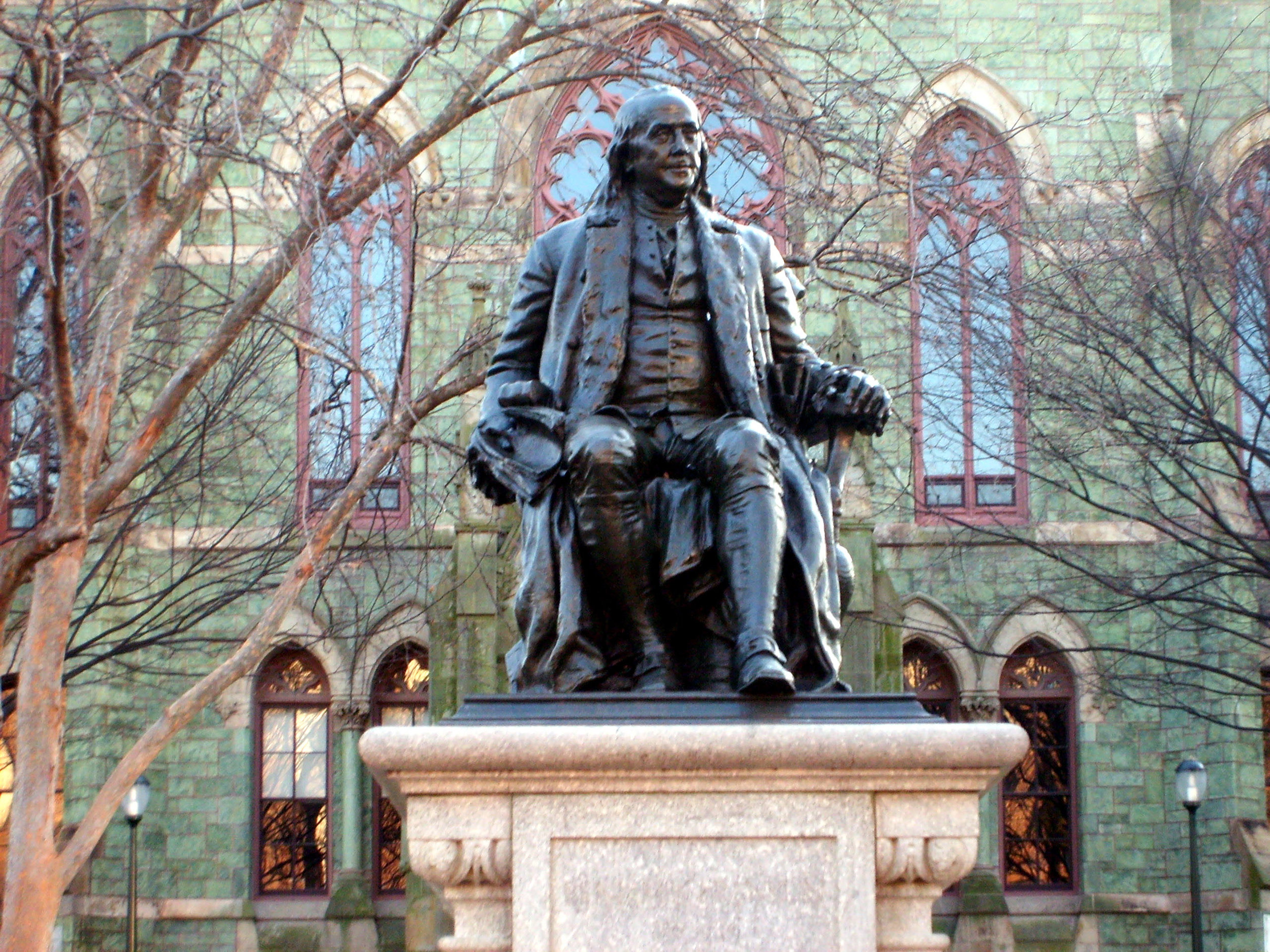HBS Round 3 Closes in 7 Days!
/Harvard Business School is the most prestigious business school in the world and its MBA is the golden credential of the working world. The student body at HBS is the largest -- about 935 per class -- giving students access to an incredible diversity of peers and ensuring that every professional interest group has a critical mass to organize. HBS is also able to create intimate experiences by organizing students into ~90-person sections in which all classes are taken in the first year. HBS is also the leading practitioner of the rigorous Case Method of instruction, and its cases are standard fodder at business schools around the world.
The admissions committee is looking for students who will live up to its lofty mission of "educating leaders who will make a difference in the world." Despite its large size, only 11% make the cut. If you want to be among them when HBS closes its Round 3 Application in 7 days -- reach out to us to make sure that you are doing everything in your application to maximize your chance of admission!

















